Mastering the Fundamentals of Digital Marketing
- Marketing PrimaVerse
- Nov 7, 2025
- 4 min read
In today's fast-paced world, businesses must adapt to the evolving landscape of online presence and customer engagement. Mastering the fundamentals of digital marketing is essential for anyone looking to thrive in this environment. This article will guide you through the core concepts and practical steps to build a strong foundation in digital marketing, helping you understand digital strategies that drive success.
Understanding Digital Strategies: The Backbone of Online Success
Digital strategies are the plans and actions businesses use to achieve their goals through online channels. These strategies involve identifying target audiences, selecting the right platforms, and creating content that resonates with potential customers. A well-crafted digital strategy ensures that every marketing effort is aligned with business objectives.
For example, a small business selling handmade crafts might focus on social media platforms like Instagram and Pinterest, where visual content performs well. They could create engaging posts, run targeted ads, and collaborate with influencers to increase brand awareness.
Key components of a digital strategy include:
Audience Research: Understanding who your customers are, their preferences, and online behavior.
Content Planning: Deciding what type of content (blogs, videos, infographics) will attract and engage your audience.
Channel Selection: Choosing platforms such as Facebook, LinkedIn, or email marketing based on where your audience spends time.
Performance Metrics: Setting measurable goals like website traffic, conversion rates, or social media engagement to track success.
By focusing on these elements, businesses can create a roadmap that guides their marketing efforts efficiently.

Essential Tools and Techniques for Effective Campaigns
To implement digital strategies successfully, marketers rely on various tools and techniques. These help automate tasks, analyze data, and optimize campaigns for better results.
Search Engine Optimization (SEO)
SEO is the process of improving your website's visibility on search engines like Google. It involves keyword research, optimizing website content, and building backlinks. For instance, a blog post targeting "best eco-friendly products" should include relevant keywords naturally and provide valuable information to readers.
Pay-Per-Click Advertising (PPC)
PPC allows businesses to display ads on search engines or social media platforms and pay only when users click on them. Google Ads and Facebook Ads are popular PPC platforms. A local bakery could use PPC to promote a special offer, targeting users within a specific radius.
Content Marketing
Creating valuable content attracts and retains customers. This can be blogs, videos, podcasts, or social media posts. Consistency and quality are key. For example, a fitness coach might share workout tips and nutrition advice through weekly blog posts and Instagram stories.
Email Marketing
Email remains a powerful tool for nurturing leads and maintaining customer relationships. Personalized emails with special offers or updates can boost engagement. Using tools like Mailchimp or Constant Contact simplifies campaign management.
Analytics and Reporting
Tracking performance is crucial. Google Analytics provides insights into website traffic, user behavior, and conversion rates. Regularly reviewing these metrics helps marketers adjust strategies for better outcomes.

Is digital marketing high paying?
One common question is whether careers in digital marketing offer lucrative opportunities. The answer is generally yes, but it depends on various factors such as experience, specialization, and location.
Entry-level roles like digital marketing assistants or content creators may start with modest salaries. However, as professionals gain expertise in areas like SEO, PPC, or data analytics, their earning potential increases significantly. Senior roles such as digital marketing managers, strategists, or consultants often command high salaries.
Freelancers and agency owners can also earn well by managing multiple clients and delivering measurable results. Additionally, industries like technology, finance, and e-commerce tend to offer higher pay scales for digital marketing professionals.
To maximize earning potential:
Develop specialized skills such as Google Ads certification or advanced SEO techniques.
Build a strong portfolio showcasing successful campaigns.
Stay updated with the latest trends and tools.
Network within the industry to discover new opportunities.
Overall, digital marketing is a promising career path with growth and financial rewards for those who invest in continuous learning and skill development.

Practical Steps to Start Your Digital Marketing Journey
Starting in digital marketing can feel overwhelming, but breaking it down into manageable steps makes the process smoother.
Learn the Basics: Begin with free online courses or tutorials covering SEO, content marketing, social media, and analytics.
Create Your Online Presence: Build a personal blog or website to practice content creation and SEO.
Experiment with Social Media: Use platforms like LinkedIn, Twitter, or Instagram to share content and engage with communities.
Use Tools: Familiarize yourself with Google Analytics, Google Ads, and email marketing platforms.
Build a Portfolio: Volunteer for small projects or internships to gain real-world experience.
Stay Updated: Follow industry blogs, podcasts, and webinars to keep up with changes.
By following these steps, you can develop a solid foundation and gradually advance your skills.
The Future of Digital Marketing: Trends to Watch
Digital marketing is constantly evolving. Staying ahead means understanding emerging trends and adapting strategies accordingly.
Artificial Intelligence (AI): AI-powered tools help personalize content, automate customer service, and analyze data more efficiently.
Voice Search Optimization: With the rise of smart speakers, optimizing content for voice queries is becoming important.
Video Content: Short-form videos on platforms like TikTok and Instagram Reels are gaining popularity.
Privacy and Data Protection: Marketers must navigate new regulations and build trust with transparent data practices.
Omnichannel Marketing: Integrating multiple channels to provide a seamless customer experience is key.
Embracing these trends will help businesses stay competitive and connect with their audiences effectively.
Mastering the fundamentals of digital marketing requires understanding digital strategies, leveraging the right tools, and staying adaptable. Whether you are starting your career or looking to enhance your business, these insights provide a roadmap to success in the digital world.




Comments